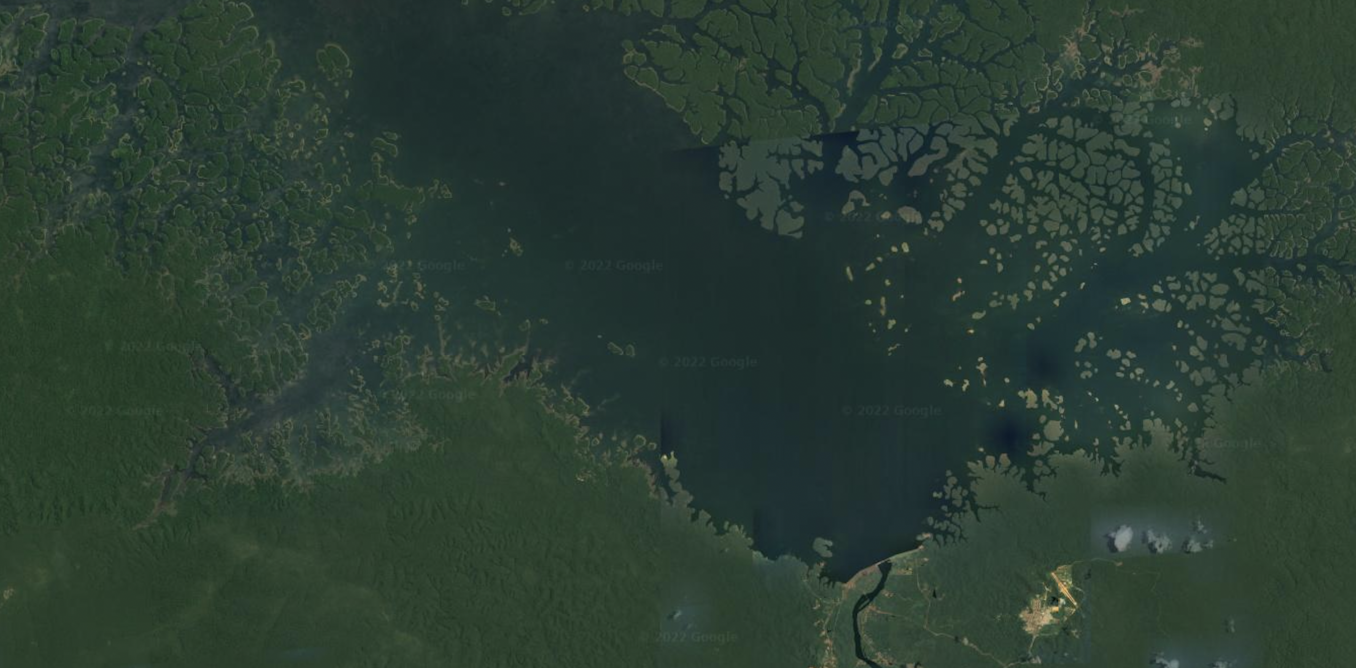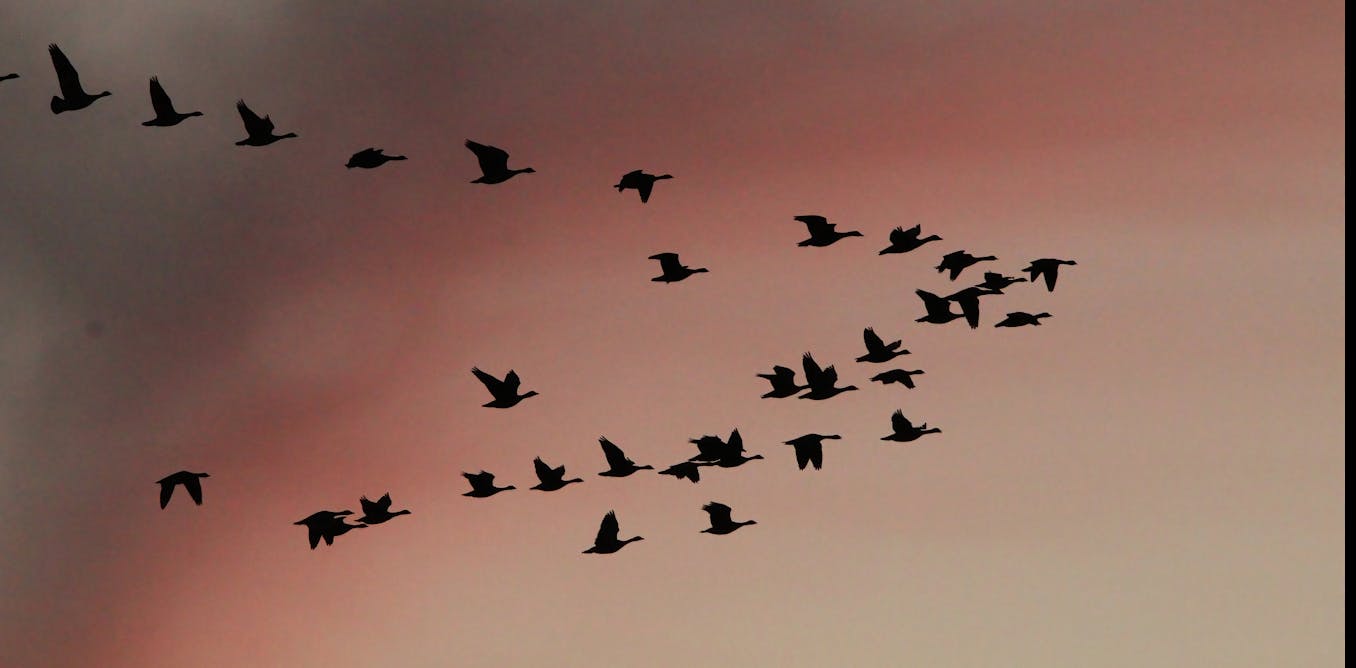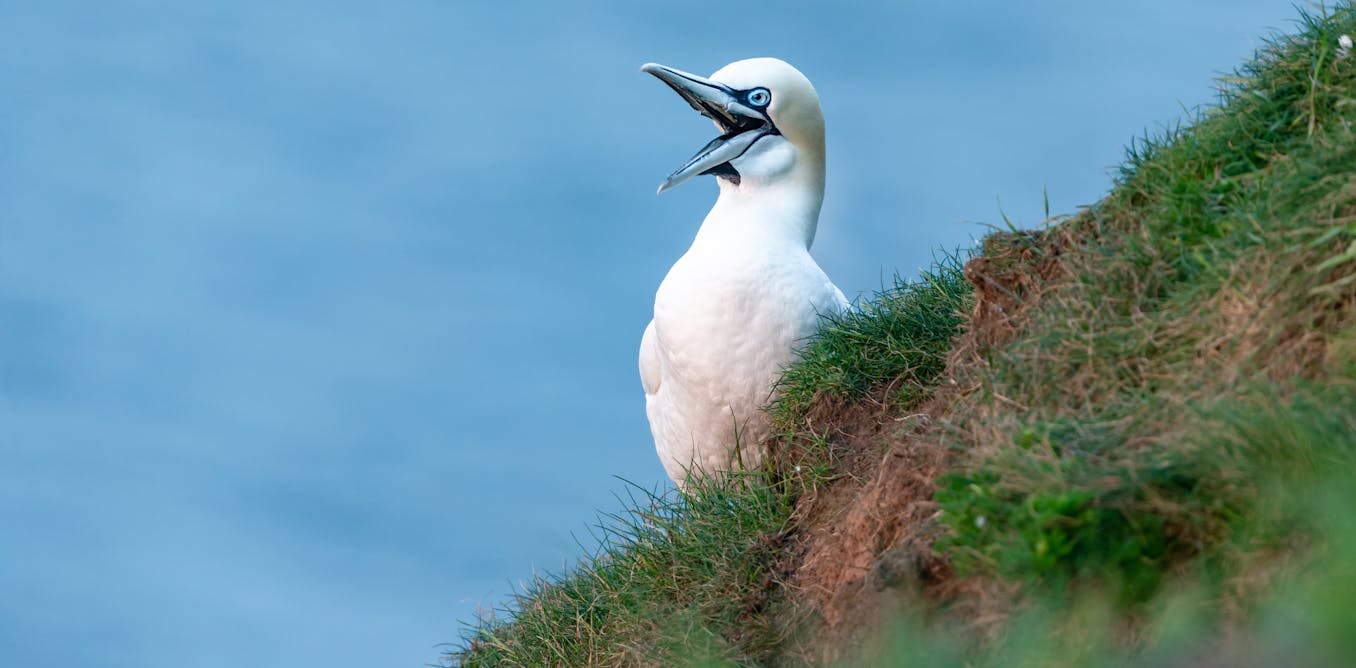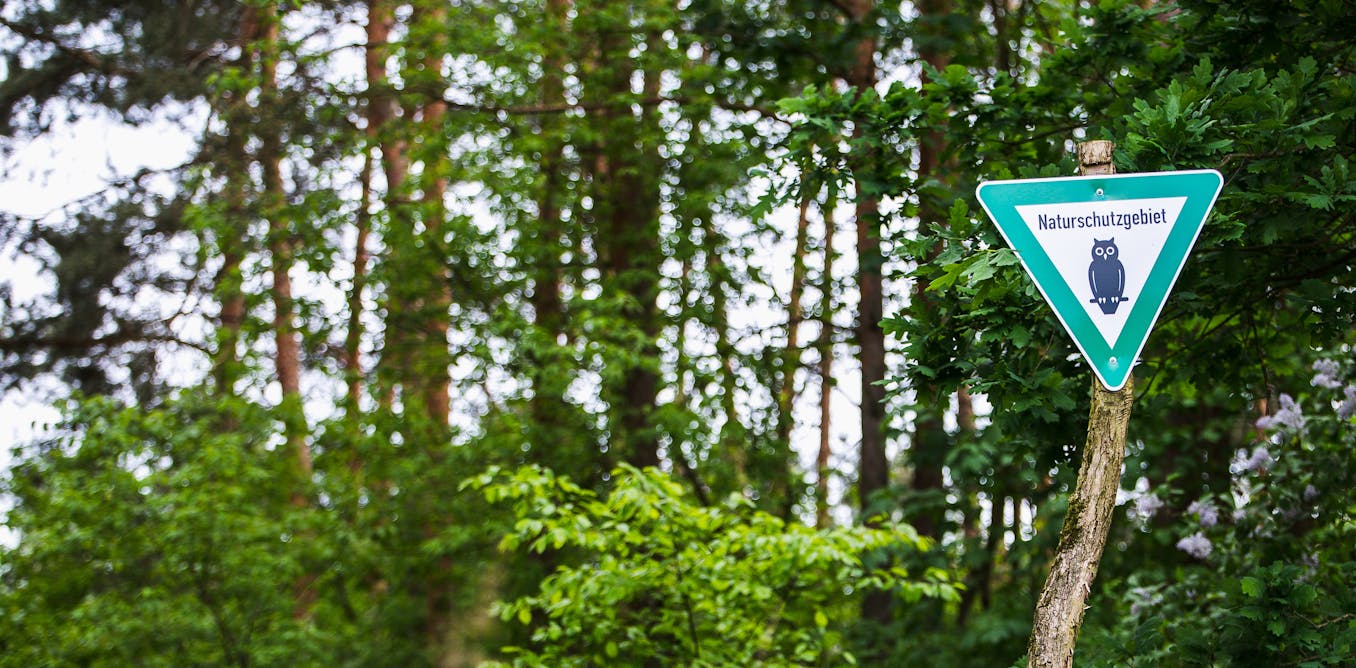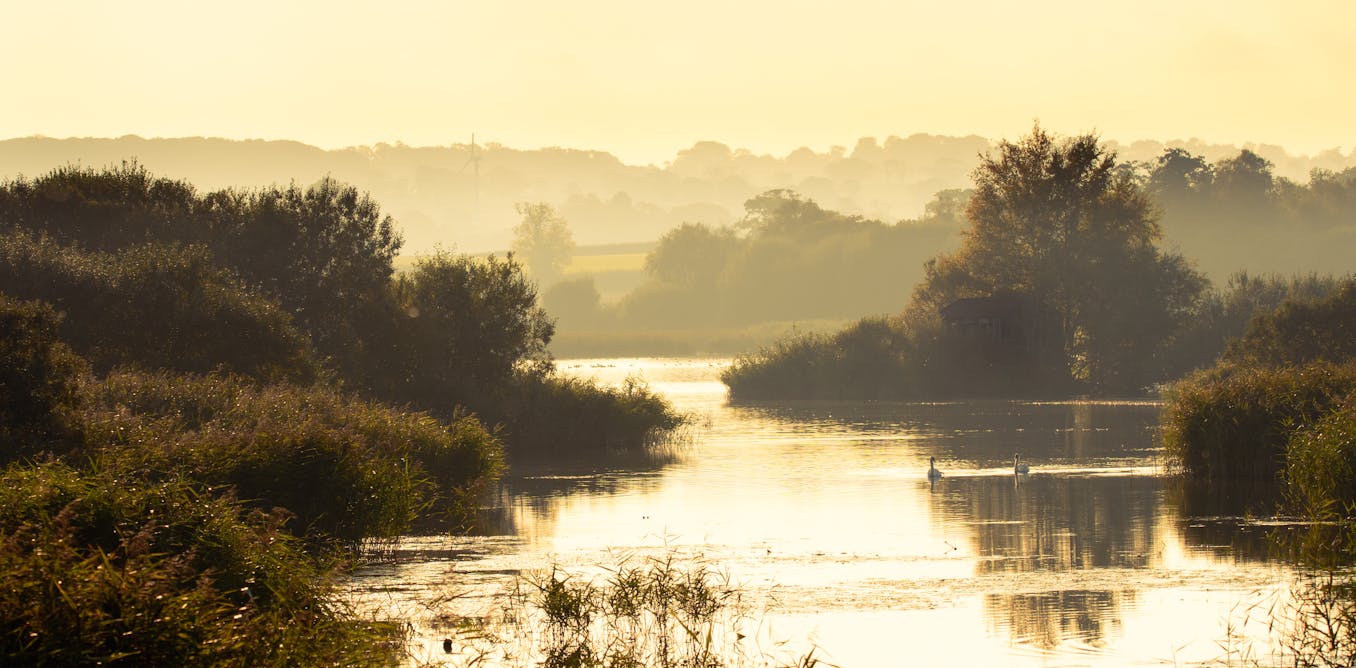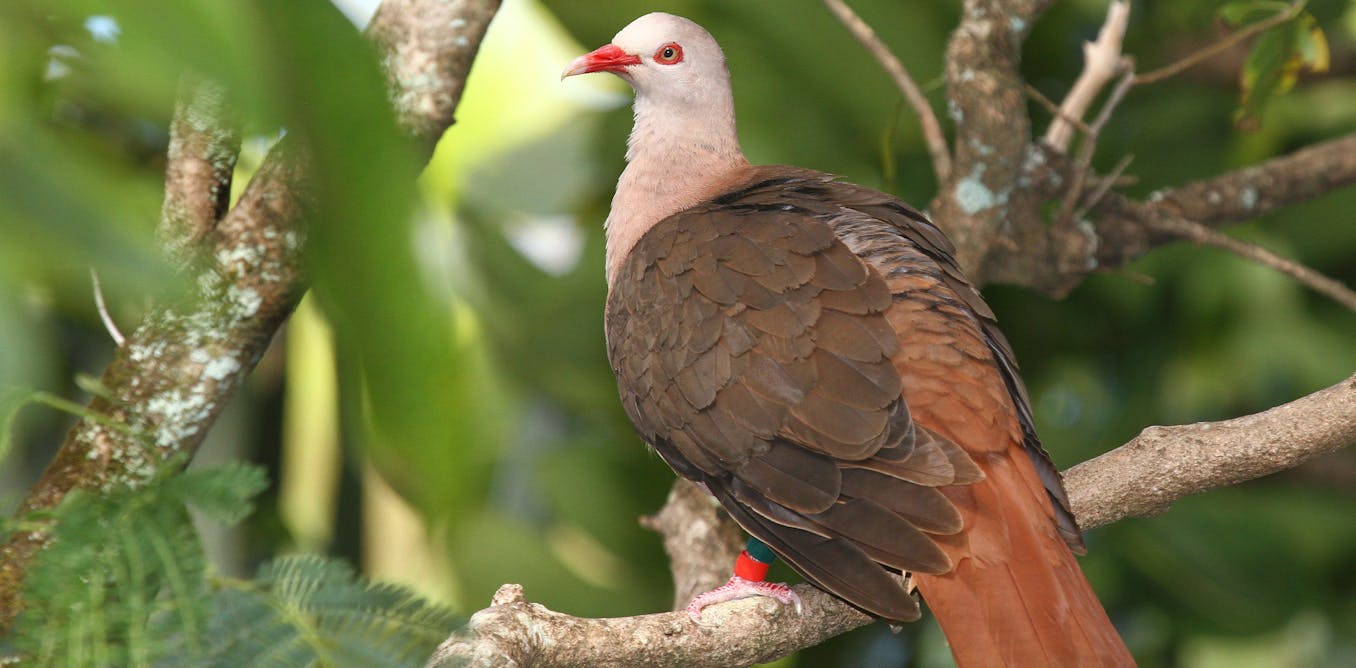Birds migrate along ancient routes – here are the latest high-tech tools scientists are using to study their amazing journeys
Satellite telemetry, tiny geolocation tags and passive acoustic recording are providing new insights into bird migration and vital data for conservation.
Tom Langen, Professor of Biology, Clarkson University •
conversation
Sept. 2, 2022 • ~10 min
Sept. 2, 2022 • ~10 min
Monarch butterflies join the Red List of endangered species, thanks to habitat loss, climate change and pesticides
The iconic monarch butterfly has been added to the Red List of endangered species, but hasn’t received protection in the US yet. That’s not necessarily a bad thing.
Kristen A. Baum, Professor of Integrative Biology and Associate Dean for Research, Oklahoma State University •
conversation
July 26, 2022 • ~9 min
July 26, 2022 • ~9 min
World's protected natural areas too small and isolated to benefit wildlife – new study
Hundreds of threatened mammal species don’t have a single protected area large enough to sustain a viable population.
David Williams, Lecturer in Sustainability and the Environment, University of Leeds •
conversation
June 10, 2022 • ~7 min
June 10, 2022 • ~7 min
Raising cattle on native grasses in the eastern U.S. benefits farmers, wildlife and the soil
Growing native grasses as cattle forage is an example of working lands conservation – balancing human use of the land with conservation goals.
Patrick Keyser, Professor of Forestry, Wildlife and Fisheries and Director, Center for Native Grasslands Management, University of Tennessee •
conversation
April 12, 2022 • ~8 min
April 12, 2022 • ~8 min
/
10

